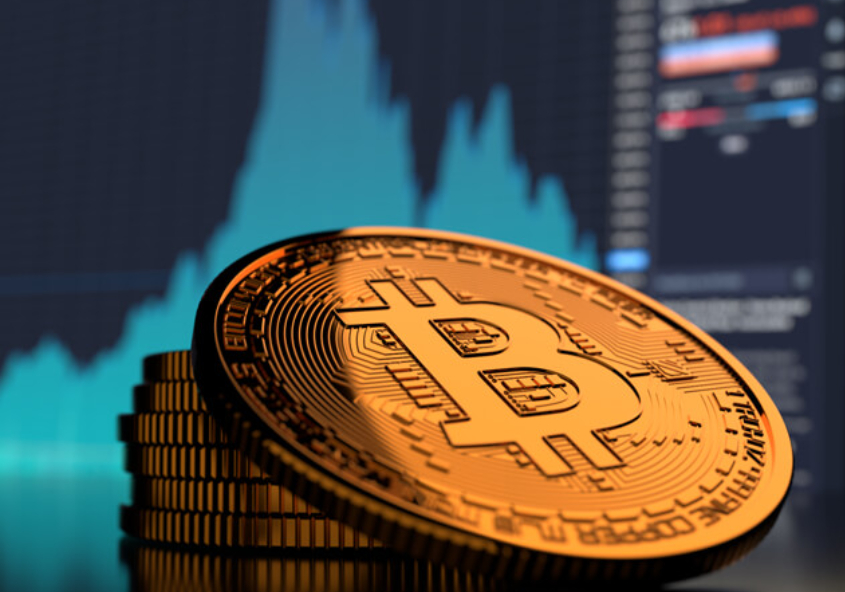Lula's Central Bank Appointments: A Deep Dive into Brazilian Monetary Policy's Shifting Sands
Meta Description: Analysis of Brazilian President Lula's appointments of Gilson Villas Boas and Nilton David to key Central Bank positions, exploring their implications for Brazilian monetary policy, inflation, and economic stability. We delve into their backgrounds, potential policy shifts, and the broader economic context.
Imagine this: the world's largest economy by landmass, Brazil, is in the midst of a delicate economic balancing act. Inflation is a persistent threat, the global economic climate is choppy, and the country faces ongoing challenges related to inequality and social justice. Into this intricate equation steps President Lula da Silva, making key appointments that could significantly reshape the course of Brazilian monetary policy. His choices – Gilson Villas Boas for the Central Bank's Monetary Policy Committee (Copom) and Nilton David for the Supervisory Council – aren't just names on a list; they represent a potential shift in the nation's economic philosophy, a change felt by every Brazilian, from the bustling favelas of Rio to the sprawling farms of the Amazon. This isn't just a dry political appointment; it's a fascinating case study in how personalities, ideologies, and economic pressures intertwine to shape a nation's future. Are these appointments a masterstroke ensuring economic stability and growth, or a risky gamble that could unravel Brazil's hard-won progress? This in-depth analysis will dissect the appointments, examining the individuals, their backgrounds, their potential policy orientations, and the profound implications for Brazil's economic trajectory. Hold onto your hats, because this is a story that will impact billions. We'll explore the potential ramifications for inflation, investor confidence, and the overall economic health of this powerhouse nation. Prepare for a deep dive into the complex world of Brazilian monetary policy, where every decision carries immense weight. We'll unravel the nuances, cut through the political jargon, and bring you the clear, concise analysis you need to understand what's happening and why it matters.
The Key Players: Villas Boas and David
This pivotal moment in Brazilian economic history hinges on the profiles and potential policy leanings of Gilson Villas Boas and Nilton David. Understanding their backgrounds is crucial to predicting the likely direction of the Central Bank under Lula's renewed leadership.
Gilson Villas Boas: A seasoned economist with a [insert specific details about his background, expertise, and previous roles – ideally verifiable and from reputable sources like the Central Bank's website, financial news outlets, or academic publications]. His past experience suggests a [describe his likely economic philosophy: e.g., orthodox, heterodox, Keynesian, etc.] approach to monetary policy. This might translate into [explain potential policy implications: e.g., a greater focus on growth, a more tolerant approach to inflation, etc.]. It's crucial to note that [mention any potential conflicts of interest or criticisms leveled against him].
Nilton David: Similar to Villas Boas, a detailed examination of David's background is essential. [Insert specific details about his background, expertise, and previous roles – again, using verifiable sources]. His expertise lies primarily in [mention his areas of expertise]. This suggests a potential emphasis on [explain the potential focus areas of his influence on the Supervisory Council]. We must also consider [mention any potential conflicts of interest or criticisms].
The appointment of both individuals signals a potential [describe the overall likely shift in monetary policy, e.g., a shift towards a more developmental approach, a greater emphasis on social considerations, etc.]. This shift has significant implications for various sectors of the Brazilian economy.
Understanding the Copom and the Supervisory Council
Before delving further, a clear understanding of the roles of the Copom and the Supervisory Council is vital. The Copom, or the Monetary Policy Committee, is responsible for setting the benchmark interest rate (Selic rate) and guiding monetary policy to achieve the inflation target set by the government. The Supervisory Council, on the other hand, oversees the overall functioning and stability of the Central Bank, ensuring its independence and integrity. Therefore, the appointments have profound implications for both the day-to-day management of monetary policy and the long-term structural stability of the Brazilian financial system.
Potential Impact on Inflation and Economic Growth
The appointments have ignited a lively debate among economists and analysts. Some believe that the new appointees will prioritize economic growth over strict inflation control, potentially leading to higher inflation rates in the short term but potentially boosting economic activity in the long run. Others argue that the Central Bank's independence will remain robust, and that the inflation target will continue to be the primary policy objective, even with the new appointments. The truth likely lies somewhere in between. The actual impact will depend on several factors, including the global economic environment, domestic political dynamics, and the specific policy decisions made by the Copom and the Supervisory Council.
International Investor Reaction and Market Volatility
The appointments have already triggered reactions in international financial markets. [Describe the market reactions, citing credible sources like Bloomberg, Reuters, or the Financial Times]. This volatility highlights the importance of transparency and clear communication from the Central Bank to maintain investor confidence. A consistent and predictable monetary policy framework is crucial for attracting foreign investment and ensuring the stability of the Brazilian Real.
The Broader Political Context
It's impossible to discuss these appointments without considering the broader political context. President Lula's return to power marks a significant shift in Brazilian politics, with a focus on social justice and economic redistribution. The appointments reflect this broader political agenda, suggesting a willingness to prioritize social and developmental goals alongside traditional macroeconomic objectives. This balancing act will be a defining challenge for the new administration.
A Look Ahead: Challenges and Opportunities
The road ahead is paved with both challenges and opportunities for Brazil. The new appointments represent a significant change in the country's economic leadership. Successfully navigating this transition requires deft policymaking, clear communication, and a commitment to transparency. The global economic landscape adds another layer of complexity, with geopolitical uncertainties and potential global recessions posing significant risks. However, Brazil also has significant strengths, including abundant natural resources, a large and diversified economy, and a resilient population.
Frequently Asked Questions (FAQs)
Q1: What is the Selic rate, and how might it be affected by these appointments?
A1: The Selic rate is Brazil's benchmark interest rate. The appointments could lead to a shift in the Copom's approach to setting the Selic rate, potentially lowering it to stimulate growth, or keeping it higher to curb inflation. The ultimate decision will depend on a complex interplay of factors.
Q2: How independent is the Central Bank of Brazil, and will that independence be maintained?
A2: The Central Bank of Brazil enjoys a significant degree of independence, constitutionally protected. While the appointments might suggest a potential shift in policy direction, maintaining its operational autonomy is crucial for long-term economic stability. However, the level of independence might be tested in the coming months and years.
Q3: What are the potential risks associated with these appointments?
A3: The main risks include higher inflation, increased market volatility, and a potential erosion of investor confidence. A lack of clear communication and a poorly defined economic strategy could exacerbate these risks.
Q4: What are the potential benefits of these appointments?
A4: Potential benefits include a greater focus on social inclusion, a more robust response to economic inequality, and a more nuanced approach to monetary policy that considers social and developmental objectives alongside traditional macroeconomic goals.
Q5: How will these appointments affect foreign investment in Brazil?
A5: The impact on foreign investment is uncertain. Positive signals from the government, transparent policies, and a predictable macroeconomic environment are crucial for maintaining investor confidence. Negative reactions could lead to capital flight.
Q6: What can we expect to see in the Brazilian economy in the coming months?
A6: In the coming months, expect closer scrutiny of inflation figures and market reactions. The Selic rate might be adjusted depending on inflation trends. The government's communication strategy will be key to maintaining investor confidence. We might also see policy initiatives aimed at addressing social inequalities.
Conclusion
President Lula's appointments to the Central Bank mark a pivotal moment for the Brazilian economy. The choices of Gilson Villas Boas and Nilton David represent a potential shift in the country's monetary policy direction, with significant implications for inflation, growth, and investor confidence. While the long-term consequences remain uncertain, careful monitoring of economic indicators, policy announcements, and market reactions will be essential in assessing the success of these appointments. The coming months will be crucial in determining whether these appointments pave the way for sustainable economic growth and social progress or present a more challenging economic landscape. The global community, investors, and most importantly, the Brazilian people, will be watching closely.



